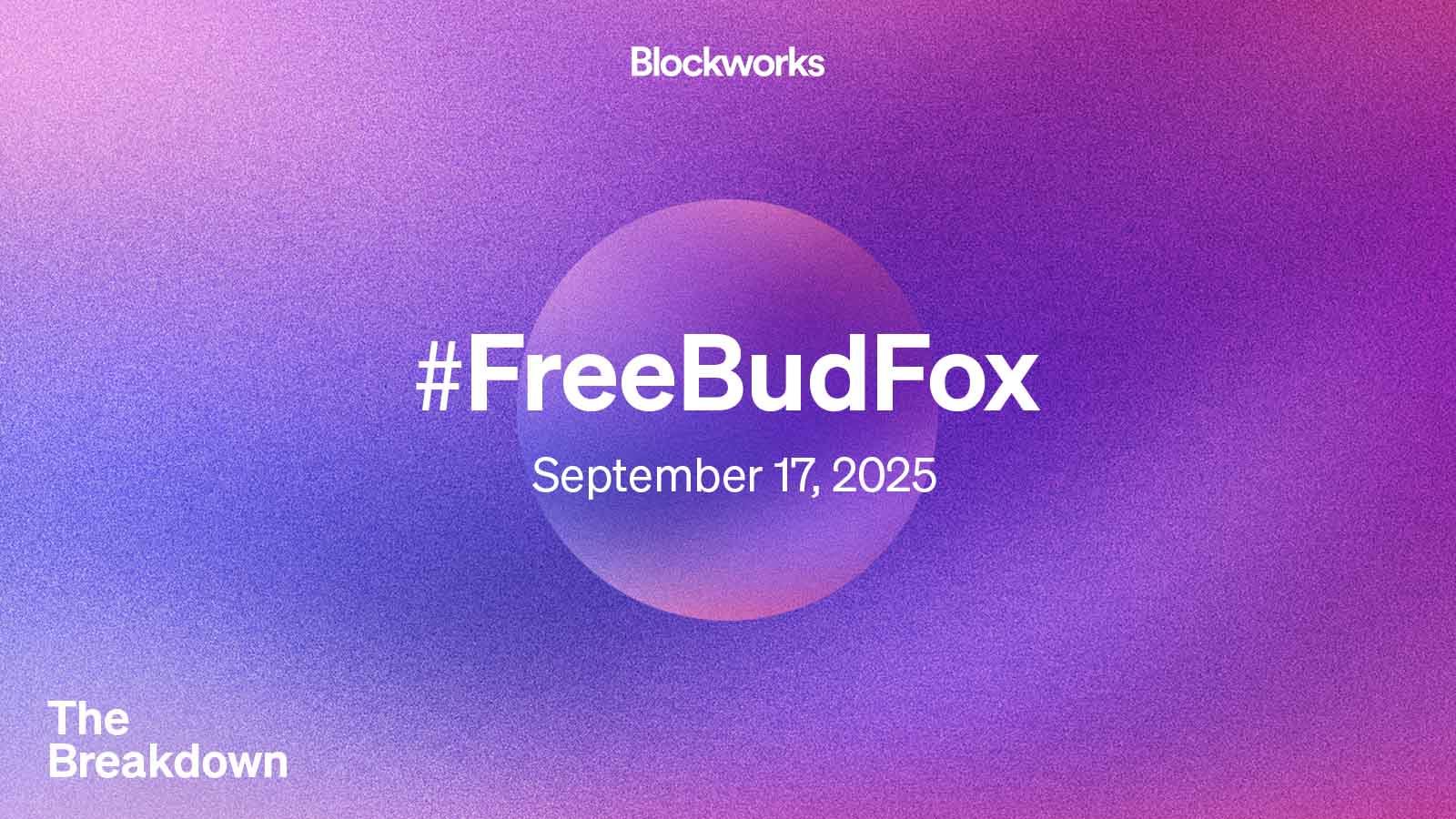SoFi crypto debuts — first nationally chartered bank to offer trading

SoFi launches crypto trading inside the integrated app, offering members regulated access to dozens of tokens including Bitcoin, Ethereum and Solana while cash remains in FDIC insured accounts. The phased rollout starts today (2025-11-12), and a public waitlist is open for early access.
Independent experts note that bringing custody into a bank charter reduces some operational uncertainty, while firms still face technical settlement challenges. Meanwhile, advisers expect SoFi to prioritise strong compliance and layered controls as volumes scale, and to stress a bank-grade security posture.
What does it offer as an integrated banking crypto app?
SoFi states it is the first and only nationally chartered bank to offer crypto trading to consumers, delivered through an FDIC insured bank structure where members can buy, sell and hold dozens of cryptocurrencies. Ownership of digital assets doubled in 2025, and SoFi reports 60% of members who own crypto prefer a licensed bank. There is a public waitlist and a related Bitcoin giveaway: it is possible to join it by Nov 30 and complete qualifying transactions by Jan 31, 2026. For details see the SoFi BusinessWire press release.
How will SoFi expand insured trading and crypto-enabled remittances?
SoFi plans to power global crypto-enabled remittances, introduce a USD stablecoin, and integrate crypto into lending and infrastructure services. The roadmap positions trading and custody inside the bankproduct suite, which the issuer frames with bank-grade operational controls. Crypto and other digital assets are not bank deposits, not insured by the FDIC or SIPC, not guaranteed by any bank, and their value can go up or down.
That said, SoFi will focus on education and simplified onboarding to help retail customers enter crypto responsibly. As a result, the company expects gradual feature releases and measured scaling, while relying on partners and internal teams to uphold a bank-grade custody and compliance model.
Ultimately, integrating trading with everyday banking could shift how retail investors hold digital assets. However, adoption will depend on execution, transparency, and regulatory alignment, and SoFi emphasises resilient infrastructure described as bank-grade as it rolls services out.
You May Also Like

Let insiders trade – Blockworks

Bitcoin Has Taken Gold’s Role In Today’s World, Eric Trump Says
